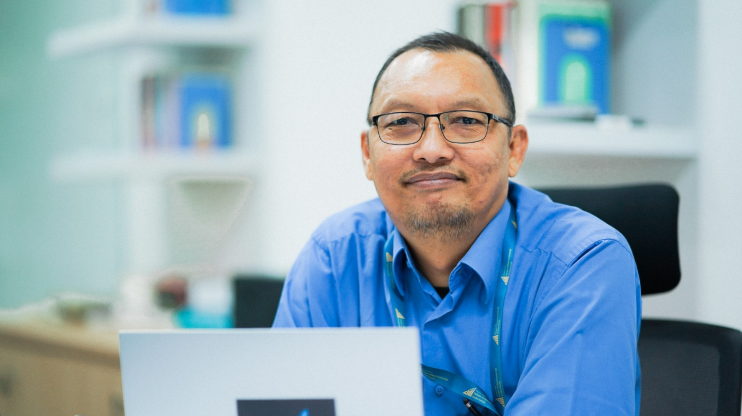
As a newly established university in Indonesia, UIII offers a dynamic learning environment, guided by renowned scholars and experts in their fields. Whether your interests lie in Islamic Studies, Economics and Business, Social Sciences, or Education, UIII provides a unique opportunity to engage with these disciplines through three distinctive lenses: text, context, and interpretation. At UIII, we blend the academic strengths of Western and Middle Eastern traditions with
the rich intellectual heritage of Indonesia and the broader Muslim world. Our expanding range of graduate programs will continue to offer diverse options, allowing you to find the perfect fit for your academic and professional aspirations. UIII’s research-driven approach ensures that students learn from faculty members recognized as leaders in their fields. Here, you will gain access to the latest developments in your discipline, explore breakthrough methodologies, and analyze emerging global trends—preparing you to contribute meaningfully to your field and beyond.
What sets UIII apart from other universities? Our distinguished faculty offers innovative teaching and cutting-edge research, providing a transformative graduate experience that equips you with the skills, knowledge, and global perspective to excel in your career— and stand out in a competitive world.
Latest News
-
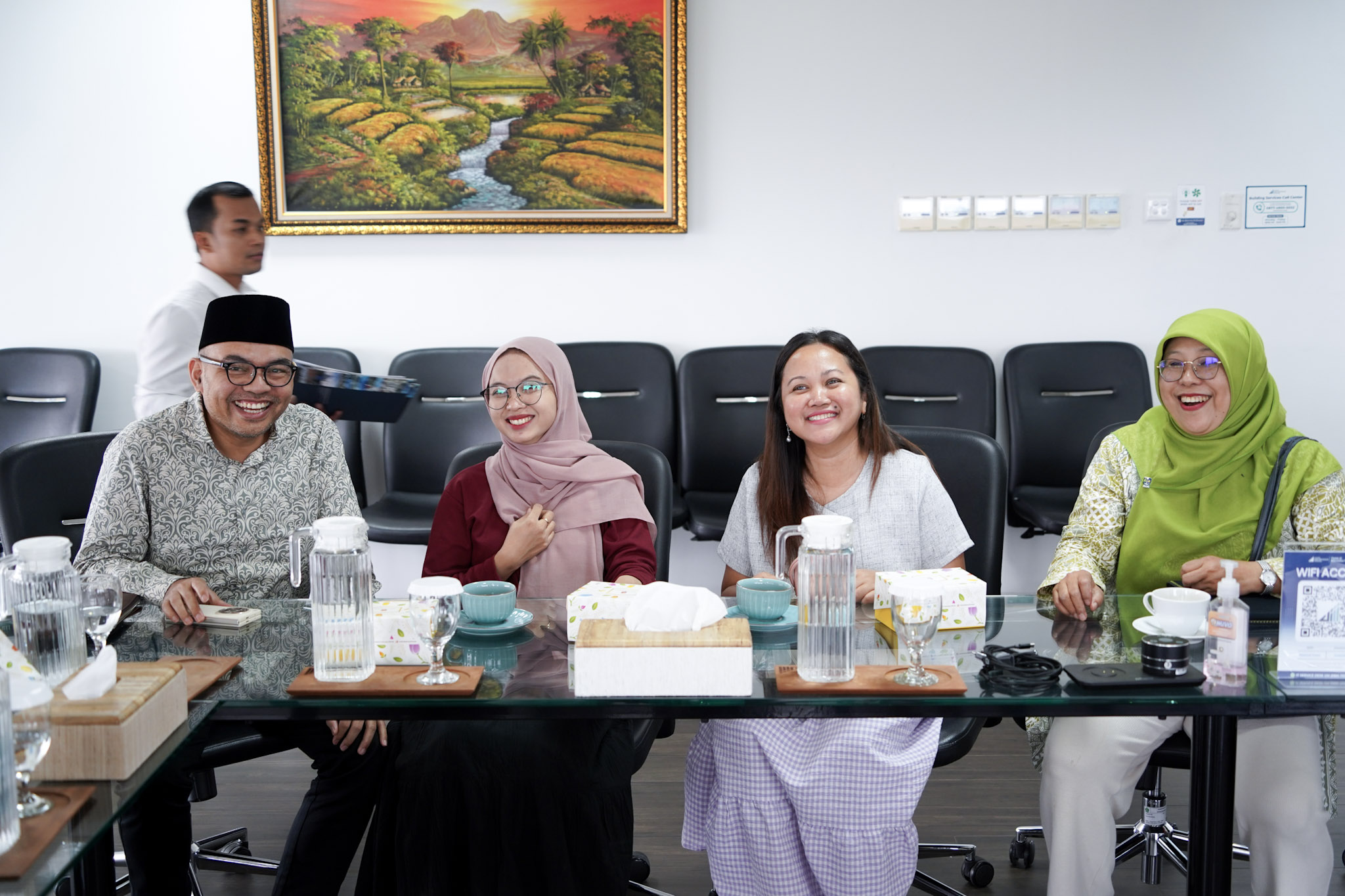 UIII Faculty Secure 2025 Research Grants, Bolstering Commitment to Global Scholarship
UIII Faculty Secure 2025 Research Grants, Bolstering Commitment to Global Scholarship -
 UIII Bolsters Ethical Research Standards with Finalized Ethical Clearance Framework
UIII Bolsters Ethical Research Standards with Finalized Ethical Clearance Framework -
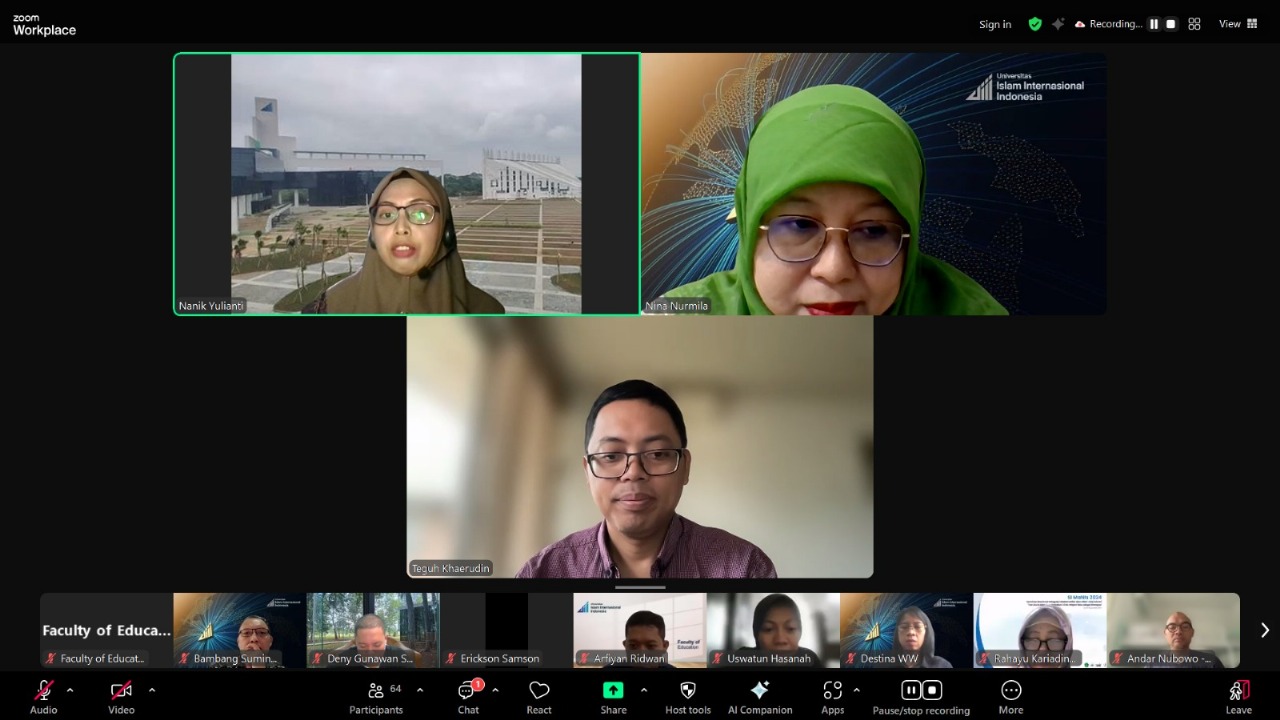 Teachers Teaching Themselves: Is It the End of Teacher’s Formal Development Program?
Teachers Teaching Themselves: Is It the End of Teacher’s Formal Development Program? -
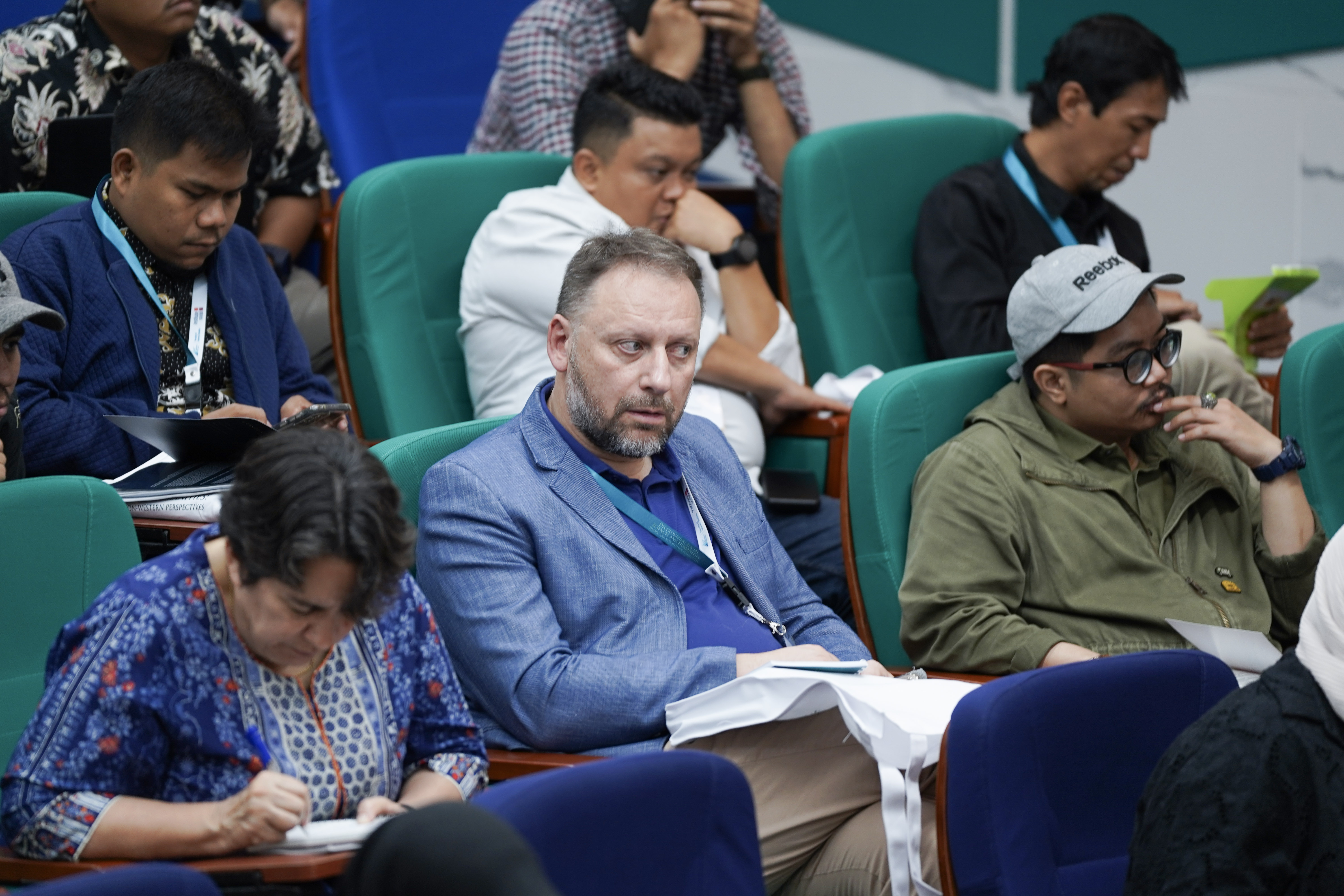 World Renowned Scholars Gather at UIII for Epistemic Decolonization
World Renowned Scholars Gather at UIII for Epistemic Decolonization -
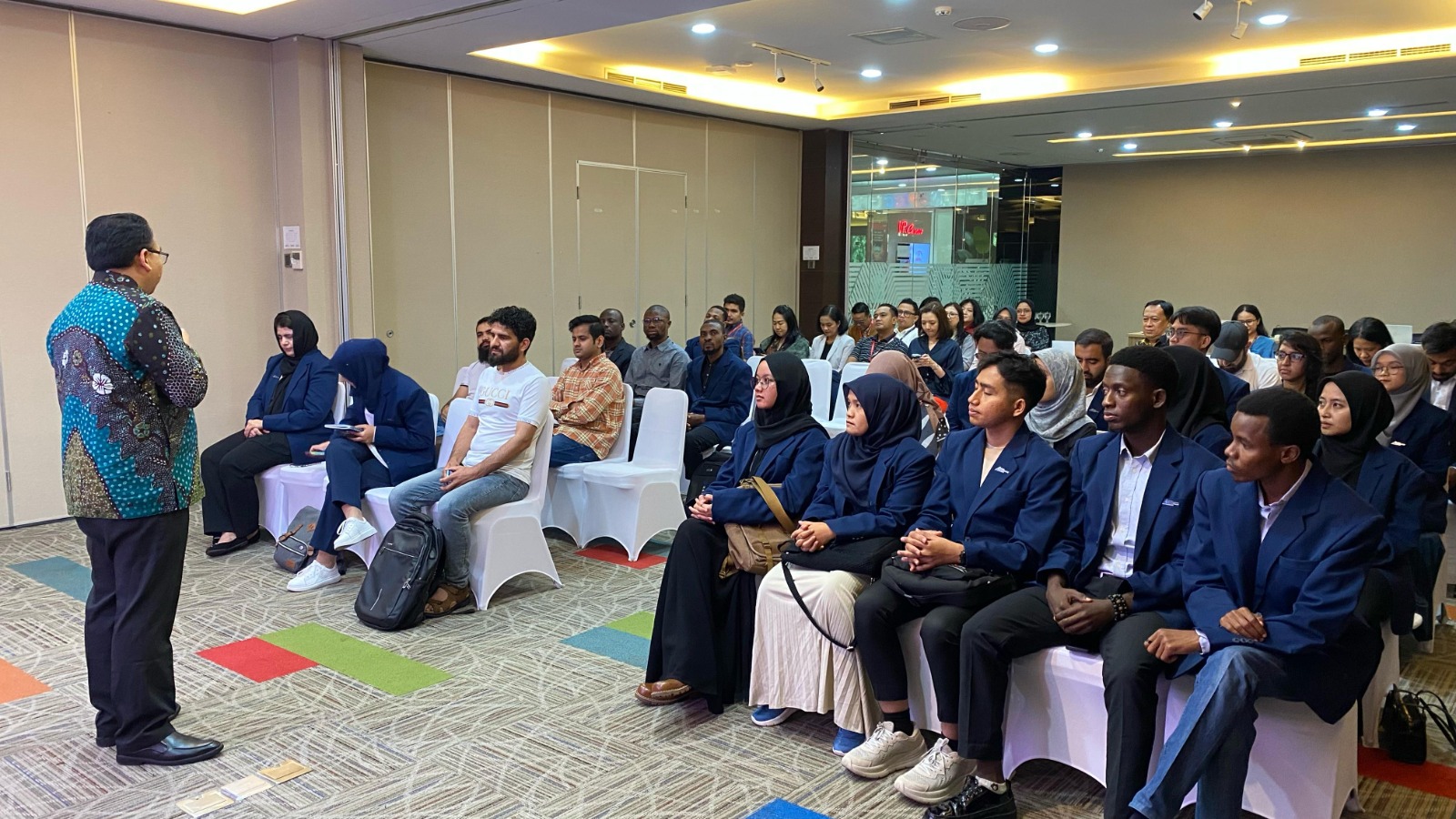 From Theory to Practice: UIII Students Gain Banking Insights Through CIMB Niaga Visit
From Theory to Practice: UIII Students Gain Banking Insights Through CIMB Niaga Visit -
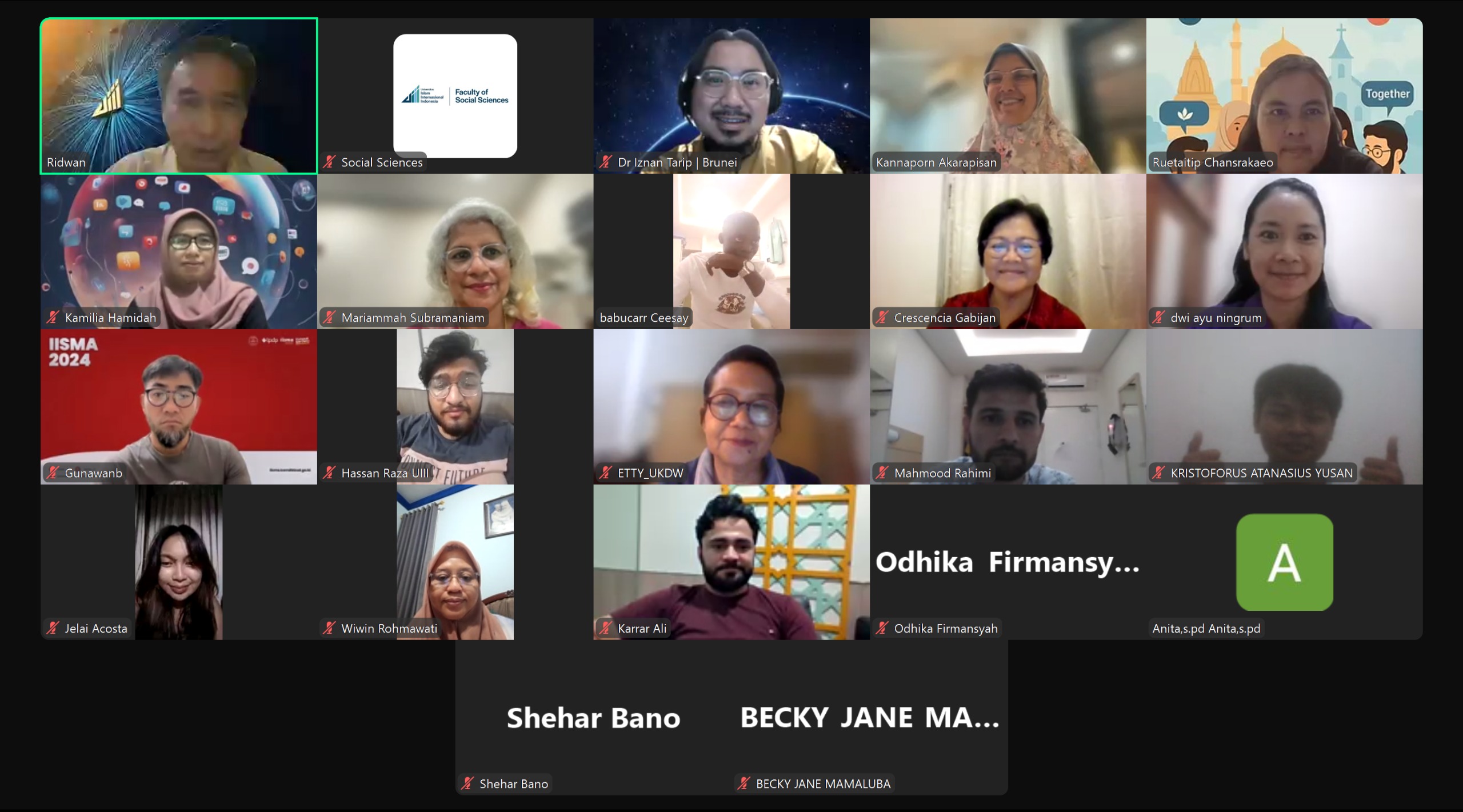 FOSS to Host Southeast Asia’s Event for KAICIID’s “10 Years of Dialogue & Regional Action”
FOSS to Host Southeast Asia’s Event for KAICIID’s “10 Years of Dialogue & Regional Action” -
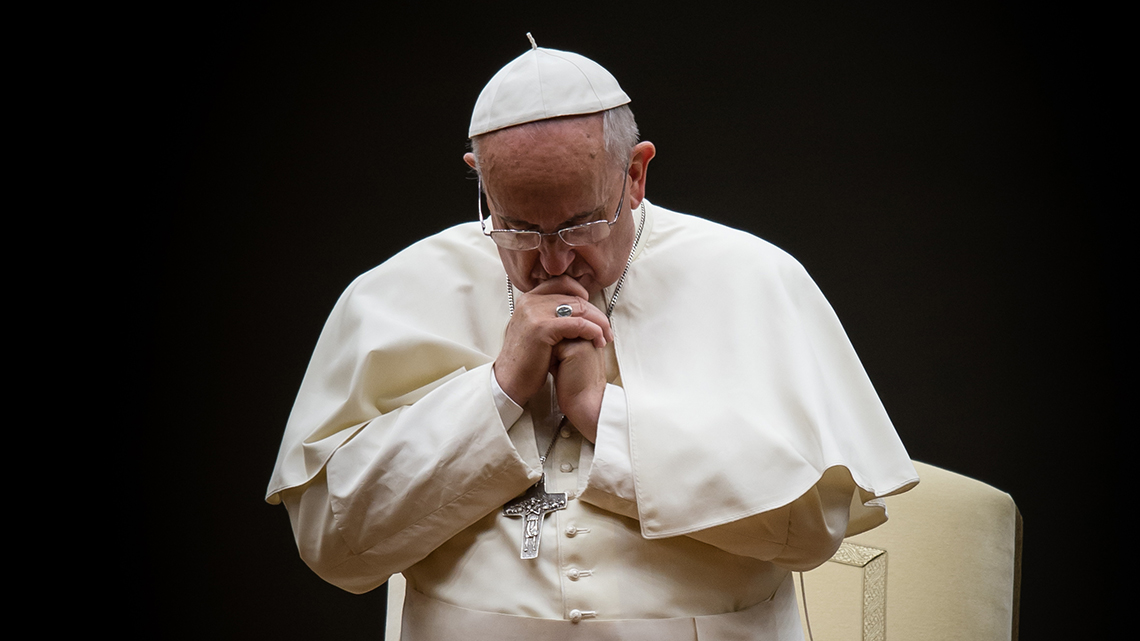 Pope Francis: A Voice for a Hurting World
Pope Francis: A Voice for a Hurting World -
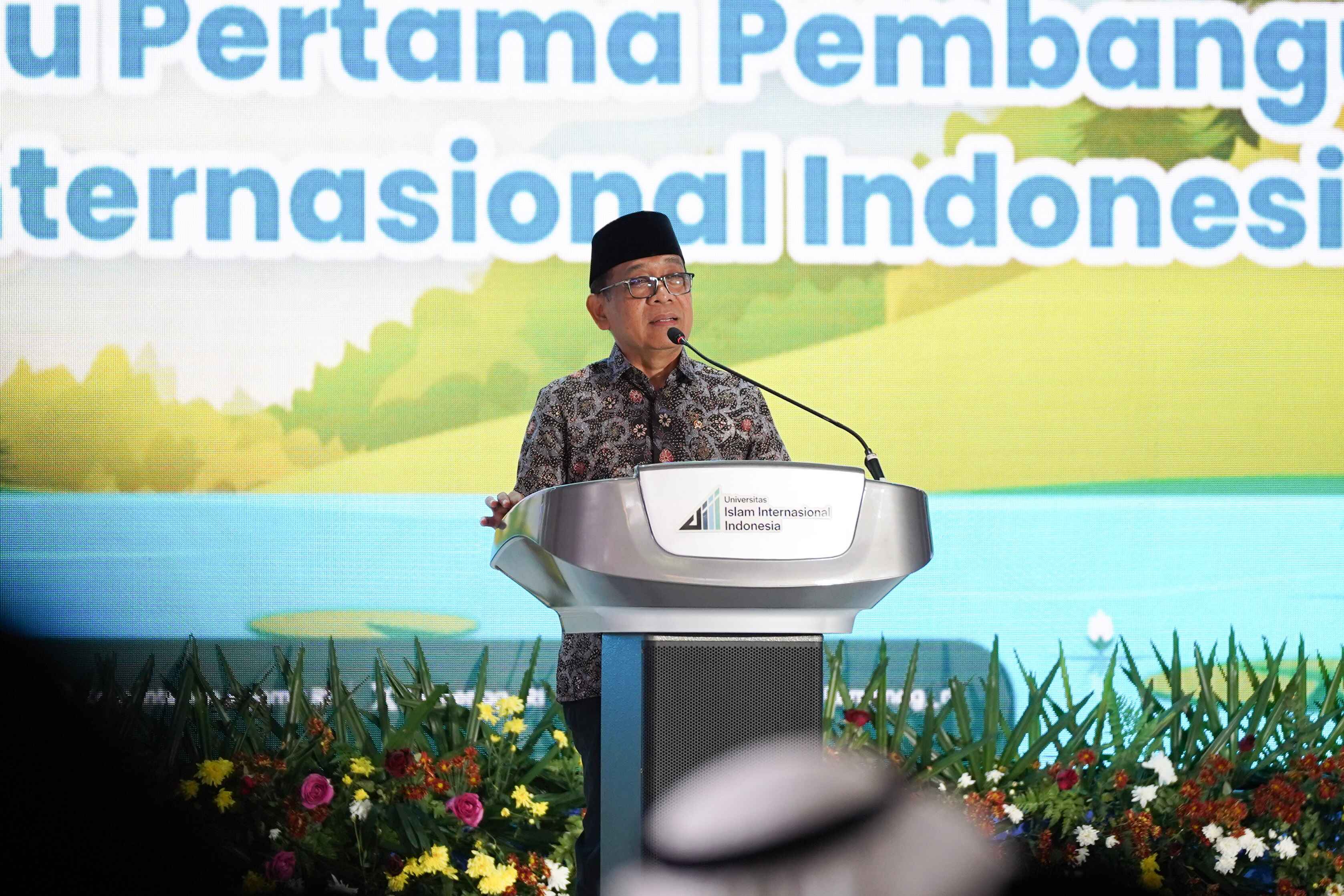 Minister Pratikno: UIII, a Global Project for Inclusive Islam and Environmental Stewardship
Minister Pratikno: UIII, a Global Project for Inclusive Islam and Environmental Stewardship -
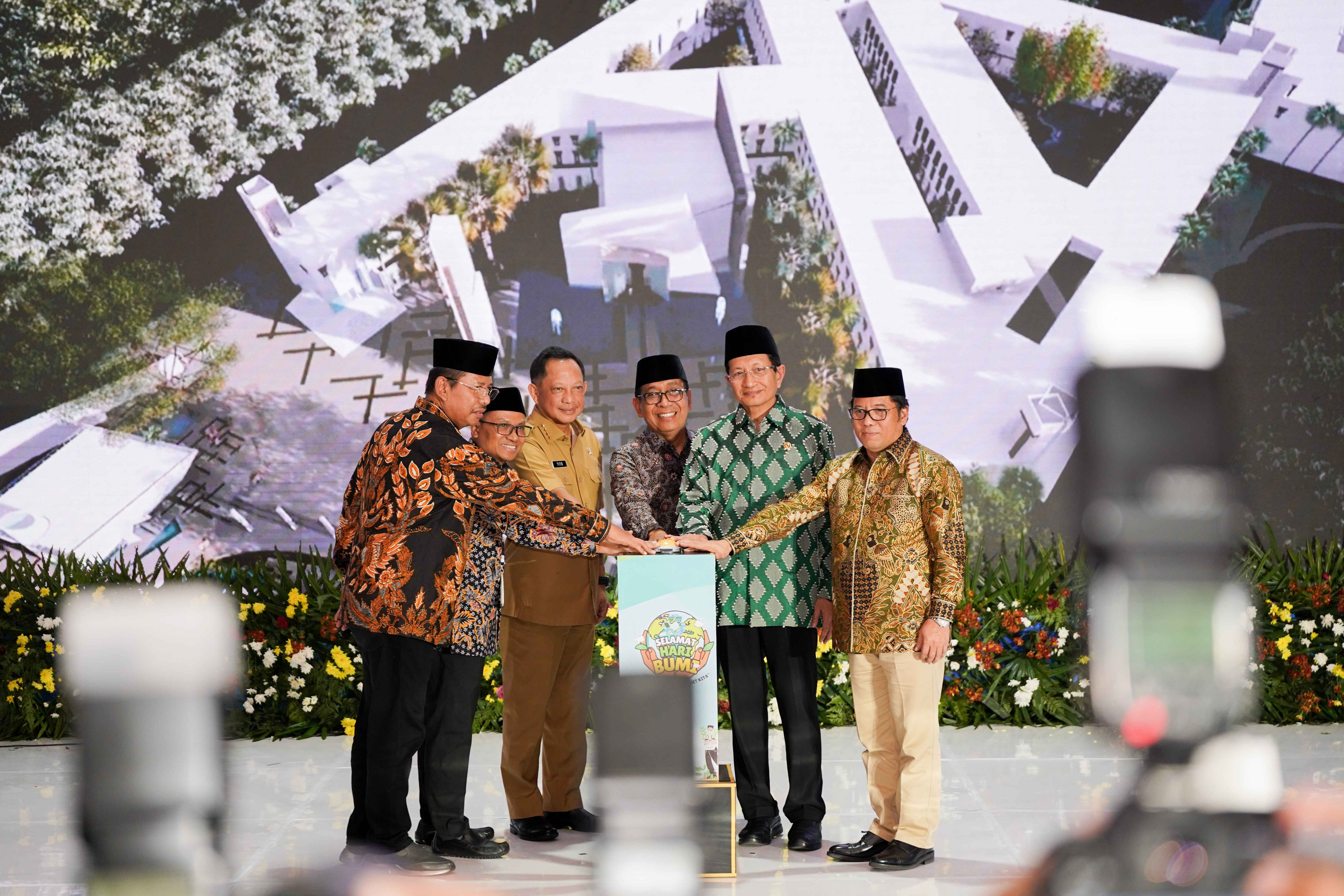 UIII Hosts Official Launch of Indonesia’s One Million Matoa Trees Movement
UIII Hosts Official Launch of Indonesia’s One Million Matoa Trees Movement -
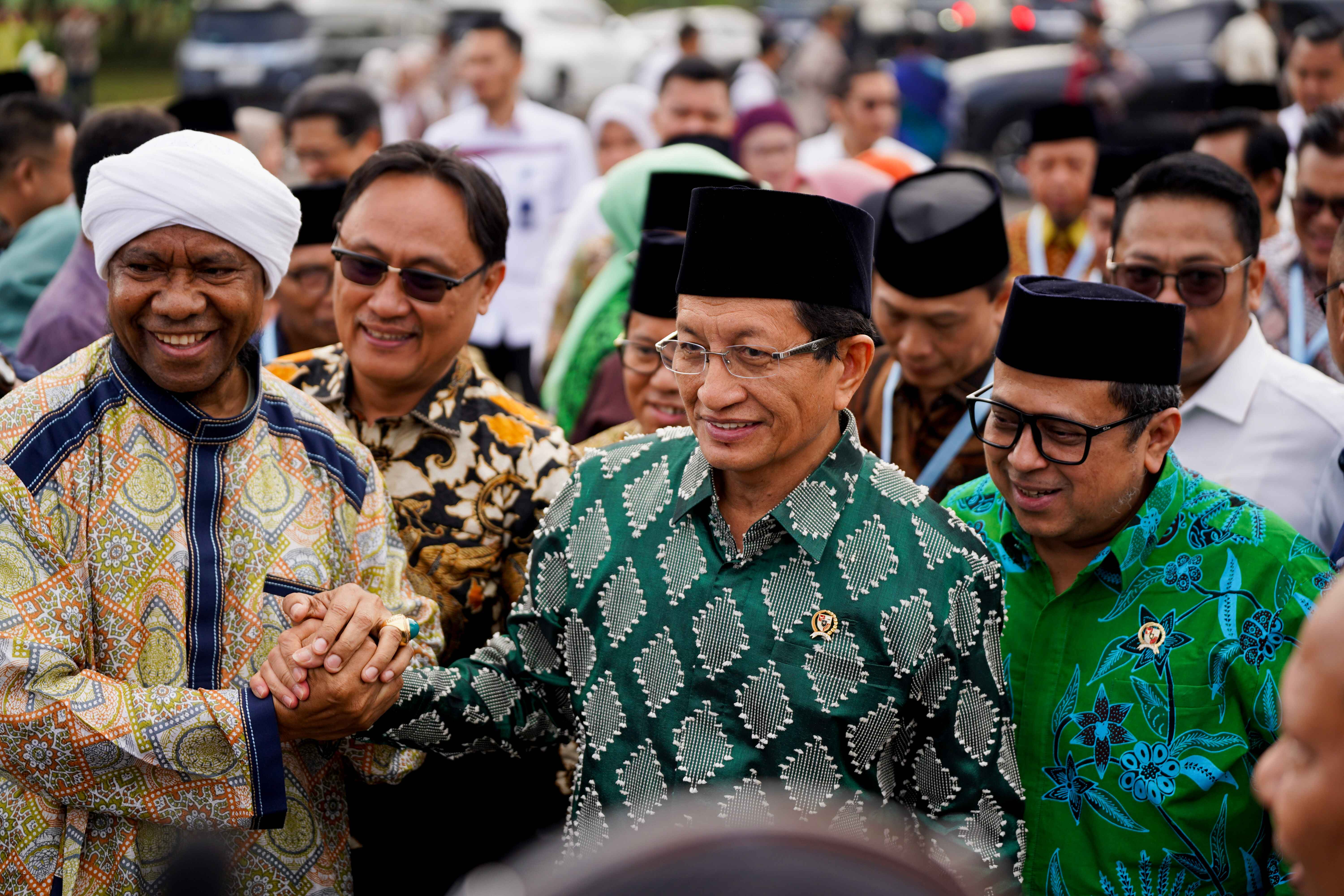 Minister Nasaruddin Umar: Reimagining Religious Views Through Eco-Theology
Minister Nasaruddin Umar: Reimagining Religious Views Through Eco-Theology
Curriculum
In general, graduate programs at the Indonesian International Islamic University are intended to produce scientists on par with research associates (peneliti madya). Students of such programs are directed to conduct an in-depth study of the grand theory in their respective fields of study. They must also delve deeper into more specific theories (such as the Meso theory) related to their sub-specialization interests. Furthermore, they will be provided with knowledge of the methodology underlying the scientific construct of the study program. It should be noted that a graduate student is not expected to pick a specialization, but the student is encouraged to pick an area of interest, which can later be developed into a specialization at the doctoral level. To that end, they can choose from a considerable number of elective courses on which to later develop a theme of their interest.
Meanwhile, doctoral programs at the UIII are designed to produce expert thinkers and researchers. Doctoral students are required to fully master the main theories of the study program they have selected. They must also correctly understand all of the more specific theories relating to their field or specialization. At this level, students must already understand and be able to fully apply methodologies developed in their respective disciplines. Compared to the graduate programs, the UIII doctoral programs require complete mastery at the level of theory and methodology, as well as in-depth knowledge regarding the sub-field or specialization of the student’s primary interest. Graduates of doctoral programs are being prepared to become expert researchers who can innovate and generate new thoughts and findings.
- Potential students may not be able to meet all of the main requirements above at the same time, so a matriculation program is needed. UIII also holds a matriculation program in each field of study for potential students whose science background differs from the study program in which they want to enroll. Essentially, all of the study programs at the university will prioritize potential students whose study fields are aligned with their backgrounds. This is based on the expectation that the accepted students are ready to enter the specialization program. Thus, they will no longer be preoccupied with mastering the basic knowledge of the science field in which they will enroll.
Degree Programs
UIII offers subject-based scholarships for both Indonesian and international students.
The UIII’s teaching program is similar to graduate programs in other higher education institutions, where learning activities are conducted at the graduate and doctoral levels. UIII examines Islam and society through various disciplines, which already have established theories and methodologies.






